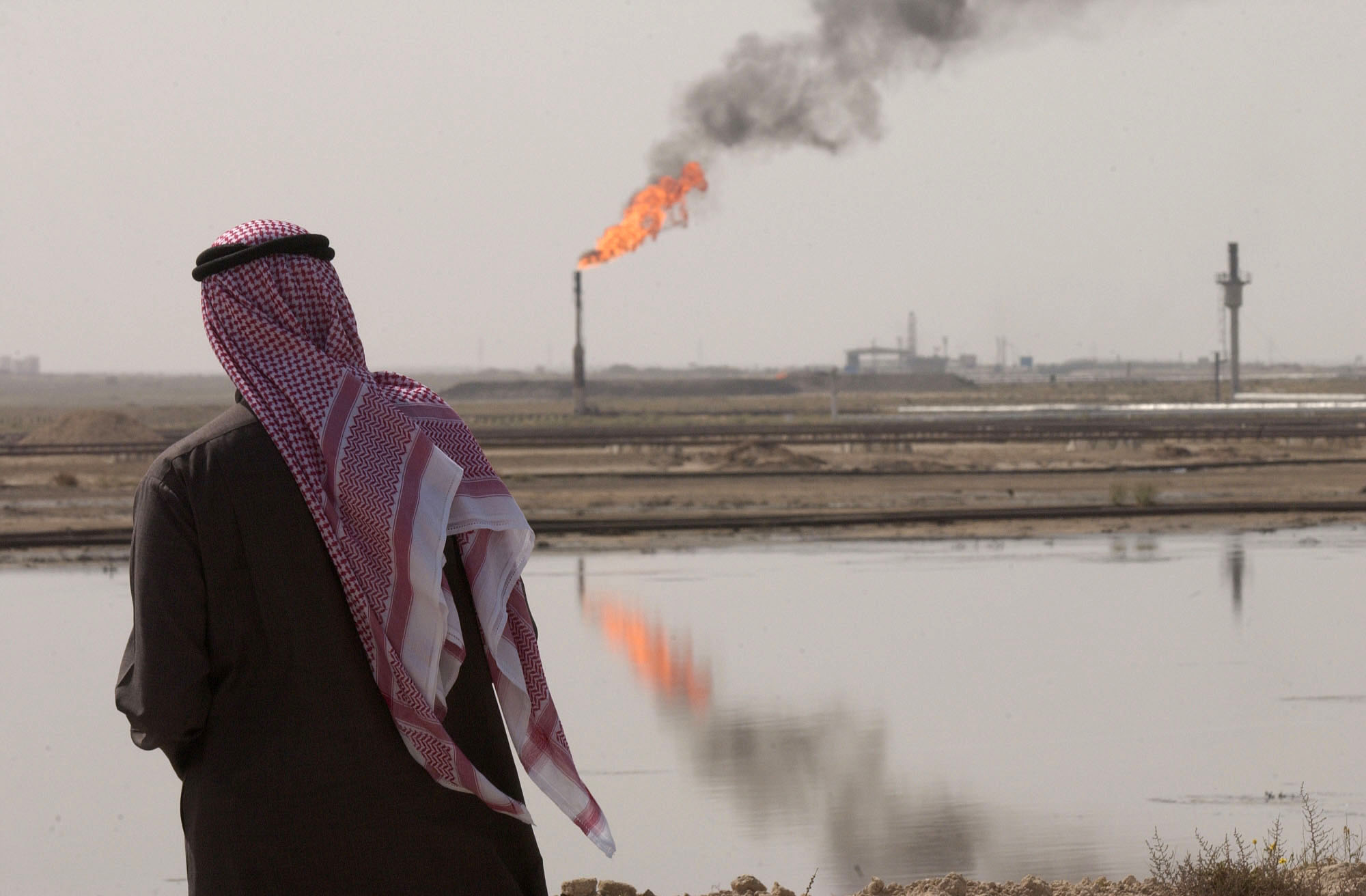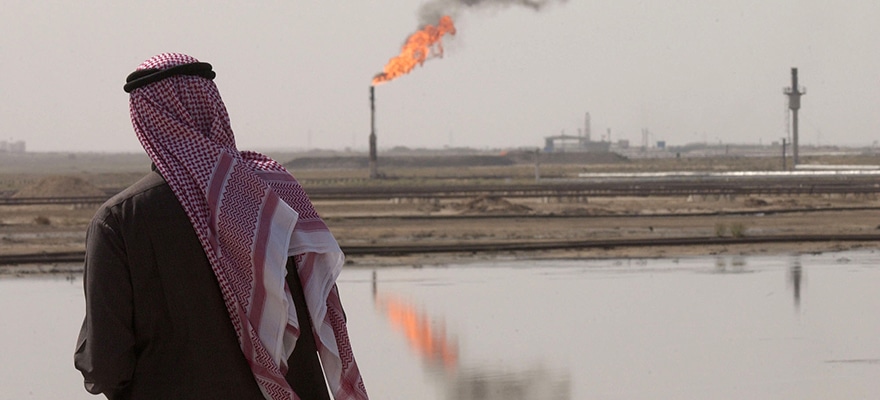Whether you blame technology, politics, softening demand or a mix of all three, the recent oil price plunge is testament to the dynamic nature of energy markets and the huge risks that emerge in a period of profound Volatility . The most important question for energy market participants however, is how they can minimise our exposure?
Technology in the form of hydraulic fracturing (fracking) and horizontal drilling has arguably made America the world’s pre-eminent oil producer, pulling up to 4m barrels a day from sources that were once called “unconventional”. So much oil is sloshing around that Congress has taken its first tentative steps toward removal of the crude export ban by allowing exports of certain condensates. Full-on exports of crude oil or natural gas haven’t happened yet, but exports of liquefied natural gas (LNG) will start this year. Increased trade in LNG will create a more global gas market, undermining Russia’s pipeline monopoly in Europe.
Softening demand for oil, especially from China, Japan and the euro area is another factor -- along with unexpected resilience in supply from countries in the midst of conflict like Libya and Iraq.

KUWAIT BURGAN OIL FIELD (Photo: Bloomberg)
Following OPEC’s decision to not decrease supply, the imbalance between oversupply and under-demand has driven crude to sub $50 a barrel. While consumers may see these developments as superficially positive, so much rapid unforeseeable change, always creates worry in the markets. There is justifiable concern about how volatility will impact the flow of goods across supply chains, weaken certain shale investments and irritate commodity prices.
Companies transacting in crude oil, liquid natural gas and refined products are just beginning to understand how the current period of transformation will affect how they source, supply and move assets. Some of the variables are known and ongoing, but the last six months have shown that there are always ‘unknown unknowns’ which can dramatically re-shape the market.
According to Citi’s "Energy 2020 Out of America" report, U.S. production surpluses are expected to continue for at least two generations, despite declining crude prices. The impact of such a fundamental change to world oil production and consumption will continue to be felt for decades.
By contrast, EU imports of primary energy way exceed exports because of the shortfall between production and consumption. This continues to cause dependency on countries outside the EU.
There seems to be no end to the amount of oil and gas embedded in the Earth’s crust and no end to humanity’s ingenuity in finding ways to extract it. The whole concept of “peak oil” may well disappear. “Peak technology”, meanwhile, also looks to be a long way off. By investing today in robust trading and Risk Management software, energy market participants can navigate market turmoil with confidence and a healthy dose of automation.
This article is part of the Forex Magnates Community project. If you wish to become a guest contributor, please apply here: UGC Form.













